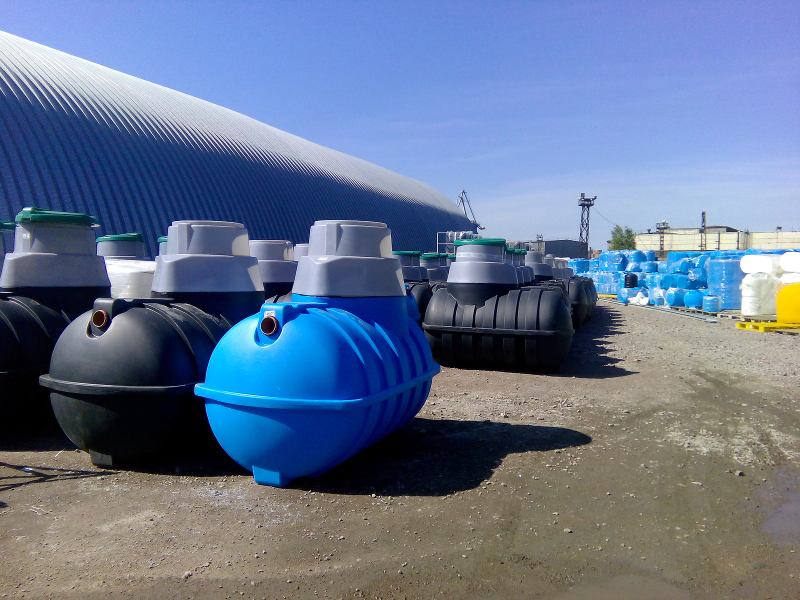
03
Septic tanks come in all shapes and dimensions, with each one having unique properties designed to accommodate your household’s needs. The five different types of septic tanks are concrete, steel, plastic, fiberglass, and aerobic. Follow this guide by Charlotte Septic Pros to have an idea of which septic tank is most suitable for your home. If you’re interested in having septic tank installation in the near future, get into contact with a septic company so that you have professional help by your side.
The size of your septic tank is crucial for the system to work properly. A septic tank that’s too small can cause sewage backup into your drains and needs frequent septic tank pumping, so you need to consider the number of people in your household and the amount of water used every day. Based on these factors, you will be able to choose the most suitable septic tank size. Have a consultant from a septic company help you determine your septic tank size.
In order to install your septic system, you must have an environment that is appropriate for it. An ideal installation site includes an area with space for drains and a drain field, along with an accessible path to the septic tank. Your water level should be low or average and be sure to get a percolation test for the soil. A percolation test helps determine the soil’s rate of water absorption. It would be difficult to design a septic tank without having a percolation test done on your soil first.
Call Charlotte Septic Pros to help choose the right septic tank for your home and proceed with the installation process. Give us a call, we’re ready when you are.

22
Can Bacteria Additives Eliminate the Need for Pumping? If you own a home with a septic system, you’ve probably seen…
Read more
12
A single slow drain in your home can feel like a minor inconvenience. Maybe the sink takes a little longer…
Read more
05
Are Slow Drains a Septic Issue or Just a Clog? Slow drains are one of those household problems that start…
Read more
02
What Septic Service Techs See That Homeowners Miss Most homeowners only think about their septic system when something goes wrong.…
Read more
21
Simple Habits That Protect Your Septic System A well-functioning septic system does its job quietly, but the moment something goes…
Read more
14
Pump Now or Pay Later: The Real Cost of Skipping Maintenance A properly functioning septic system is easy to forget…
Read more
11
Why Your Septic System Always Acts Up at the Worst Time Homeowners often feel that septic problems strike at the…
Read more
04
Early Warning Signs Your Septic Tank Needs Pumping For homeowners who rely on a septic system, routine maintenance is not…
Read more
29
Why Does My Septic System Smell Fine One Day and Terrible the Next? If you own a home with a…
Read more
19
Is Your Septic System Overdue? Simple Home Checks You Can Do Today For many homeowners, the septic system is a…
Read more